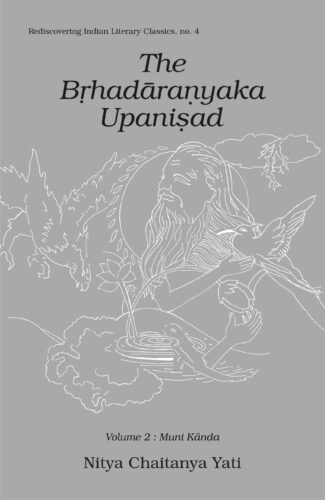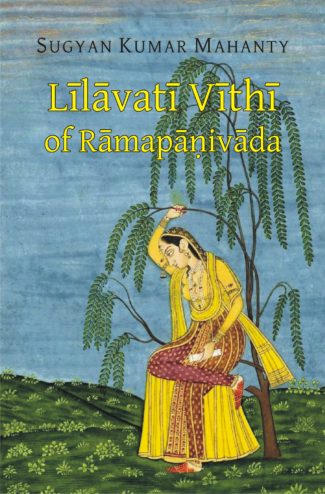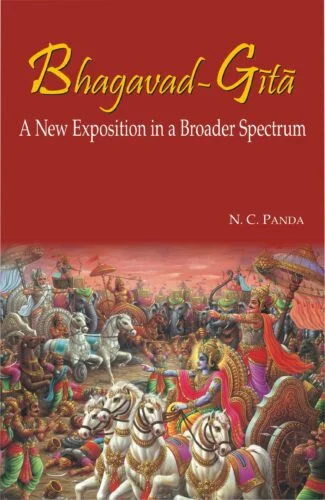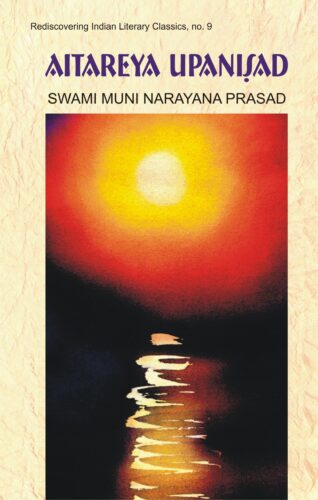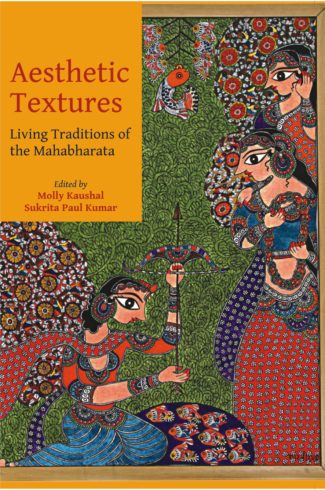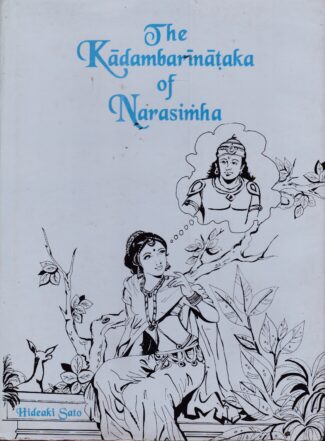

Kadambarinataka of N...
Kadambarinataka of Narasimha
A Dramatic Version of Banas Classic Kadambari by: Hideaki SatoThis is the first-ever English translation of Narasimhas Kadambarinataka and its critical evaluation. It highlights the plays importance in Sanskrit-Prakrt literature of medieval India and compares it with the kavyas of classicists like Sudraka.
Original price was: ₹600.00.₹540.00Current price is: ₹540.00.
ISBN: 9788124600641
Year Of Publication: 1997
Edition: 1st
Pages : xvi, 300
Bibliographic Details : Abbreviations; Bibliography
Language : English
Binding : Hardcover
Publisher: D.K. Printworld Pvt. Ltd.
Size: 25 cm.
Weight: 750
It is the first ever English translation of Narasimhas Kadambarinataka. And also its first critical evaluation, highlighting not only its high importance in Sanskrit-Prakrit literature of medieval India, but also how this fourteenth-century play compares favourably with the masterly kavyas of the classicists like Sudraka, Kalidasa, Bhavabhuti and Rajashekhara.
Kadambarinataka is essentially a dramatic version of Kadambari : an internationally celebrated novel/romance of the seventh century, authored by the legendary Bana and his son. For over six centuries, it has remained unacknow-ledged and unnoticed owing to the prevailing prejudice against the whole range of Sanskrit-Prakrit literature that came to be written after the 10th century or so. Though the play saw its only printed edition in 1936, it was not studied in perspective nor has it so far been translated into any language. Dr. Hideaki Sato retrieves Kadambarinataka from the centuries of oblivion, offering this literary masterpiece, in two parts, to English-knowing audiences the world over. Part One, in the nature of a critical introduction, focusses on Narasimha: the author, his times and his writings; together with insightful analyses of his natakas sources, plot structure, language, style, innovative elements, and how far it has deviated from Banas Kadambari. Part Two comprises the English rendering of Kadambarinataka which, based directly on its two manuscripts available today, also carries extensive textual notes.
Foreword
Preface
Abbreviations
Part One
An introduction to the Kadambarinataka of Narasimha
1. Preliminary
2. The Critical Apparatus for the Study of the Kadambarinataka
The Madras Sanskrit-prakrit Manuscript
The Madras Sanskrit Chaya Manuscript
V. Krishnamacharyas Printed Edition
3. The Poet Narasimha and His Works
Narasimhas Country, Times and Genealogy
Narasimhas Works
Narasimhas Royal Patronage and the Kadambarinatakas Date
4. The Kadambarinatakas Source Story and Its Originality
The Three Versions of the Story of Kadambari
The Kadambari Version — The So-Called Brihatkatha Version — he Avantisundari Version
The Originality of the Novel Kadambari
5. Some Basic Problems Concerning Narasimhas Dramatization of the Novel Kadambari
The Title and the Type of the Play
The Languages and the Style
The Verses and the Meters
6. Narasimhas Treatment of the Novel Kadambaris Plot in His Kadambarinataka
Different Views on Innovations in a Nataka Plot
The Altered Sequences of Incidents
Innovated Incidents
Innovations in the Characters
7. A Further Analysis of the Plot Structure of the Kadambarinataka
The Arthaprakritis
The Opening Benediction and the Prologue
The Acts
The Preludes
The Samdhis
The Samdhyangas
The Angas of the Mukha Samdhi — The Angas of the Pratimukha Samdhi — The Angas of the Garbha Samdhi — The Angas of the Avamarsha Samdhi — The Angas of the Nirvahana Samdhi
The Samdhyantaras
The Patakasthanakas
8. The Garbhanka: A Special Feature of the Kadambarinataka
The Garbhanka According to Theorists
The Garbhankas in Other Sanskrit-Prakrit Plays
The Garbhanka in the Kadambarinataka
9. The Rasas of the Kadambarinataka
Theories of Rasa
The Rasas Developed in the Kadambarinataka
10. Concluding Remarks
Part Two
A Complete English Translation of the Kadambarinataka of Narasimha with Detailed Textual Notes
Note on the Translation
Dramatis Personae
The Kadambarinataka of Narasimha
Opening Benediction
Prologue
Shuddhavishkambhaka: Prelude to Act one
Act One
Act Two
Praveshaka: Prelude to Act Three
Act Three
Mishravishkambhaka: Prelude to Act Four
Act Four
Culika: Prelude to Act Five
Act Five
Ankamukha: Prelude to Act Six
Act Six
Mishravishkambhaka: Prelude to Act Seven
Act Seven
Mishravishkambhaka: Prelude to Act Eight
Act Eight
Bibliography



